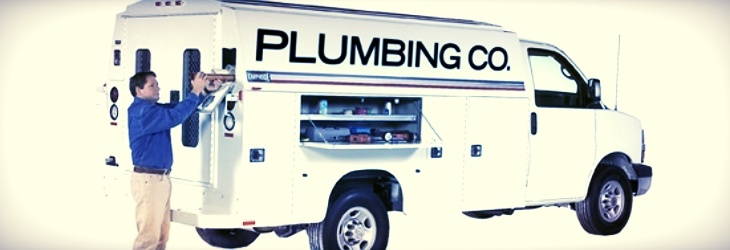A common practice in many small family-owned businesses is to provide personal automobiles for family members. It’s not unusual for the business owner to insure these vehicles on a personal auto policy. Often, the insurance company never knows of this situation because the insured feels since the vehicle is for personal use that it should be insured on a personal policy. If the business owns the vehicle, a serious gap exists in coverage that can be devastating to the company.
Let’s say that one of these cars owned by the business is involved in an accident. The personal policy has high limits of coverage and there’s even an umbrella policy in place. The personal liability is covered up to the limits of the personal policies, but if the company is also named as a defendant, there is a big problem. The company will have no coverage under the personal policy, and it would be considered a non-owned vehicle under the company’s policy.
One of the first things the plaintiff’s attorney is going to do is search for the available coverage. This involves determining all of the insurance coverage and other assets available, the titled owners of the vehicles, and the resulting liability to each entity even remotely related to the accident. The business would then be placed in the position of having to provide its own defense costs and payment of any resulting award against the business. This could place the business in tremendous jeopardy.
The common sense approach is for the business-owned cars to be insured by the business’s auto policy, or for the vehicles to simply be purchased and titled personally. The savings of insuring the business-owned auto on the personal policy is not worth the risk.
